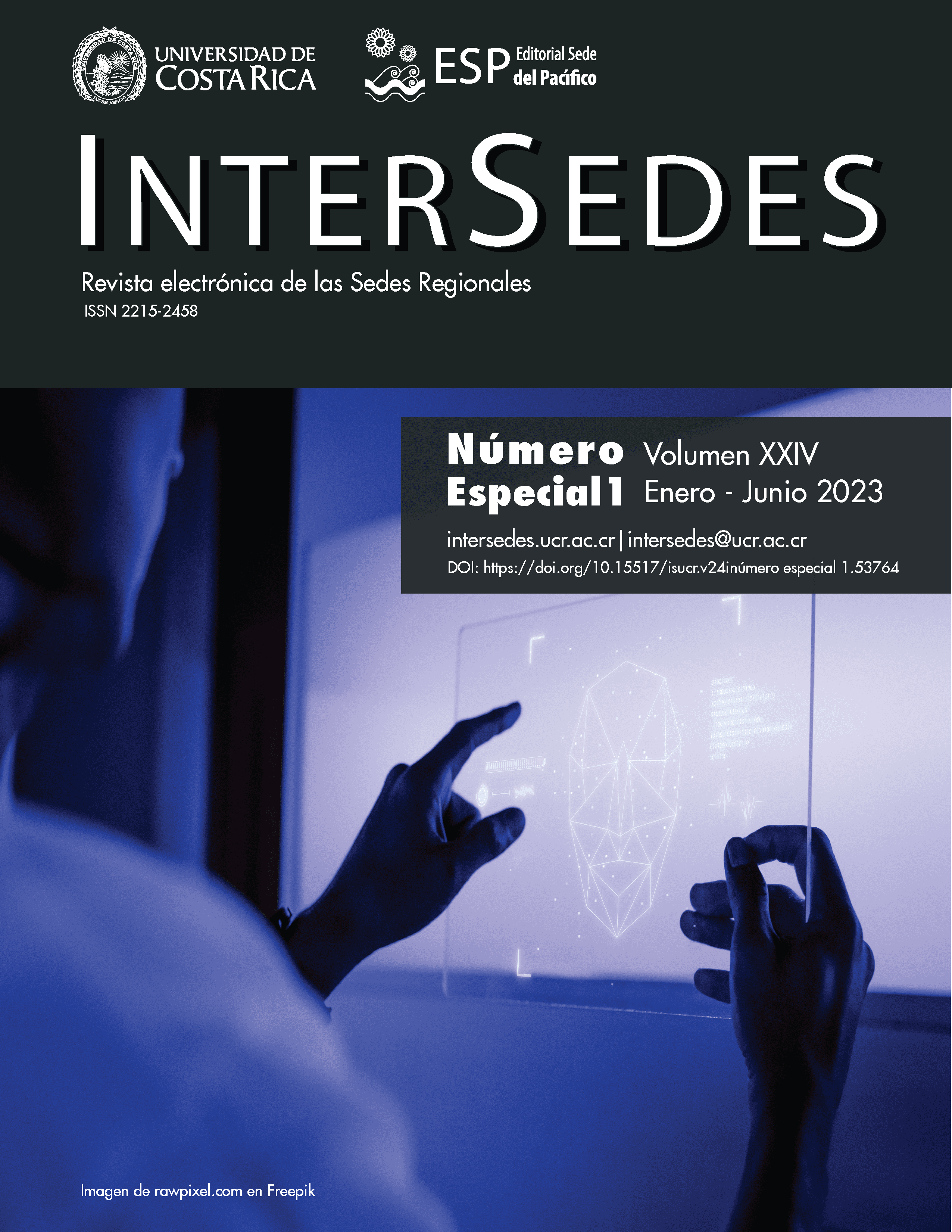Abstract
The purpose of this research is to understand the teaching experience that resulted from the change from face-to-face classes to emergency remote learning at the Social Sciences School of the University of Costa Rica (UCR). To explore this, it was essential to study the relationships that teachers developed with their students, the activities they carried out, the learning that was achieved, and their reflections on the process. The work was done through a qualitative study based on focused, in-depth interviews. The voices of 11 teachers and their conclusions about the processes experienced in their teaching practice are highlighted, alongside a brief contextualization of the UCR. The research concludes that the change affected more than the way classes were delivered: it also had an impact on interpersonal relationships, and on the scripts that have been previously followed in the educational system. That is why so many cameras were kept off during video conferences. However, while the medium changed, the curricular, methodological and didactic conception of the teacher was sustained. The UCR built capacity in its virtual platforms, as well as in the experience of teachers and students who will continue to use other virtual tools even when face-to-face education takes place.
##plugins.facebook.comentarios##

This work is licensed under a Creative Commons Attribution-NonCommercial-NoDerivatives 3.0 Unported License.
Copyright (c) 2023 Grisel Esquivel Solano; Teresita Cordero Cordero



